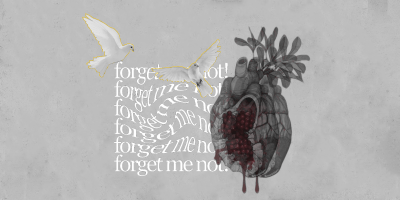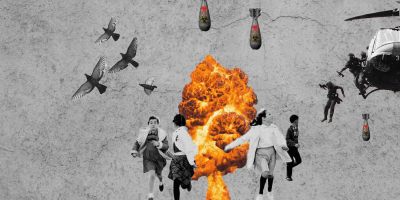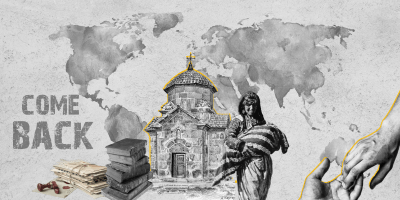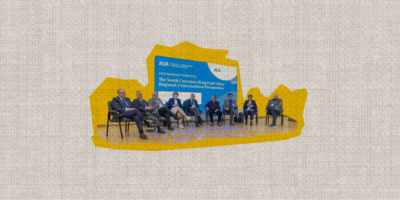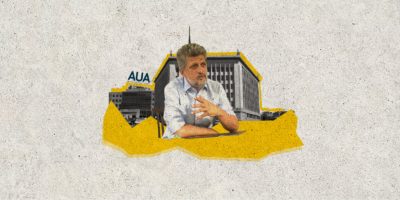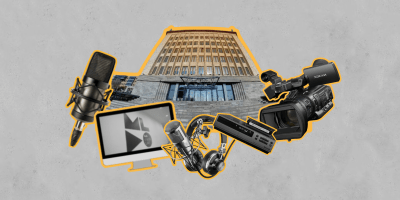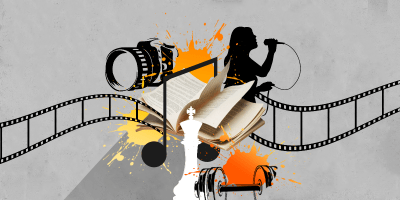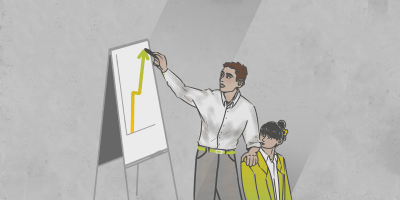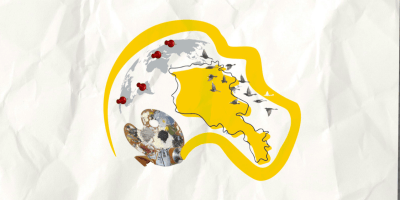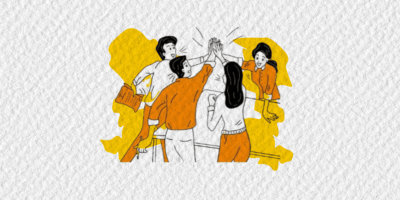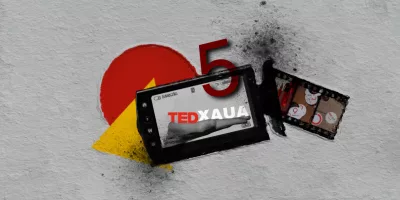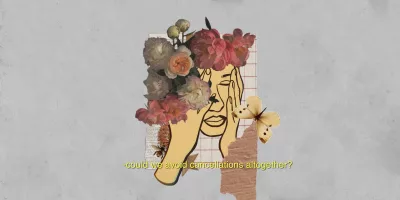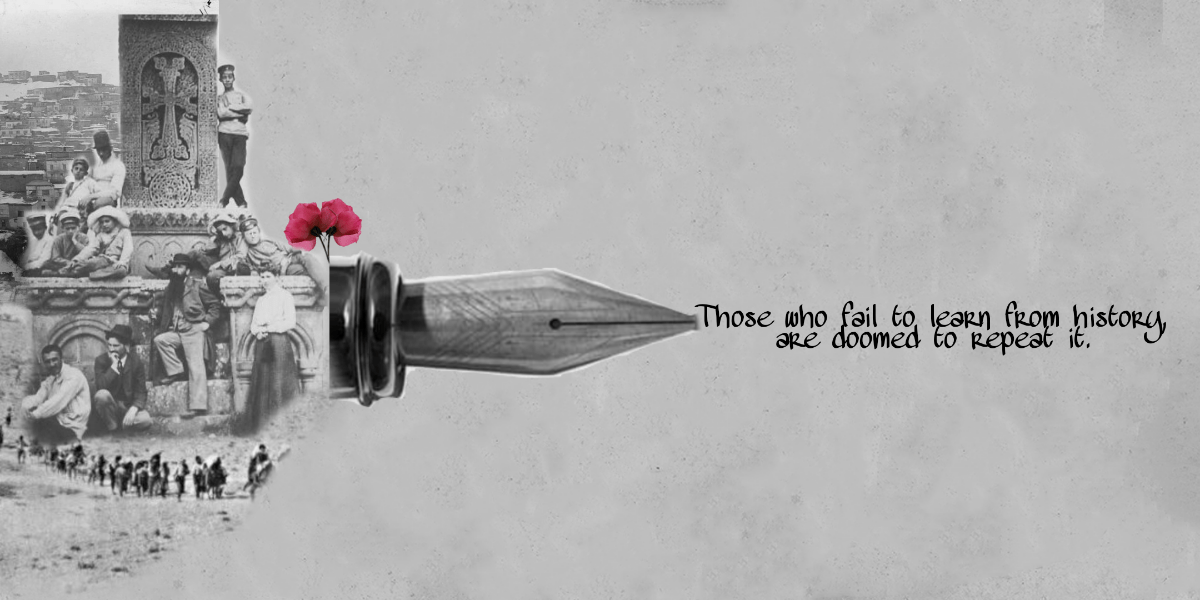
The Armenian Genocide has been denied or underplayed to undermine discussion concerning the atrocities committed.
The Turkish government denies the genocide and offers other explanations for what occurred, avoiding accountability and leaving it for educators to explain what happened over a century ago. AUA, as an educational institution, provides the environment for professors to combat genocide denial.
Dr. Pietro Shakarian, a Lecturer of History at AUA, teaches Armenian History and stresses the importance of learning as much as possible about the genocide. Dr. Shakarian wants his students to learn about the defense of Van in 1915, which shows Armenians defending themselves and gives a different perspective on how Armenians responded to persecution.
During his Ph.D. program at Ohio State University, Dr. Shakarian was once assigned to read a book by American historian Michael A. Reynolds. “I couldn’t believe that we were reading this book with this denialist narrative that characterized the Van resistance as a ‘revolt’,” Professor Shakarian says.
This experience, combined with Dr. Shakarian’s friendship with genocide scholar Ara Sarafian, impacted his approach to teaching this subject. Since then, he has committed to showing his students reliable accounts of the genocide to be equipped with the knowledge to combat genocide denial.
Samantha Isabella Adalia, an EC junior from the Philippines, takes Dr. Shakarian’s Armenian history class, and she shares how his lectures have influenced her understanding of the genocide. “The images of places, people involved, papers that Ottoman Turks signed, and also the maps made an imprint on my mind because I was able to see what they looked like,” explains Samantha. Learning about the defense of Van in 1915 also gave Samantha another perspective on the genocide.
Hearing personal experiences from her classmates is another powerful and impactful way Samantha learns more about the genocide. She mentions that she has lived in Armenia for five years but had not asked about others’ experiences because of the problematic nature of the subject.
After Dr. Shakarian’s lesson on the genocide, Samantha gained the courage to ask her friends about their ancestors’ experiences. These stories provide her with a personal side to the genocide that added to the general history she learned in class.
Professor Anna Aleksanyan, an Adjunct Lecturer in the College of Humanities and Social Sciences at AUA, says she does not focus on genocide denial when teaching the genocide. “What denialists are doing is playing around with something you might not know about your own history,” Professor Aleksanyan says.
She believes that knowing the history of Armenians in the Ottoman Empire makes it easier to counter denialist claims. Professor Aleksanyan mentions how Armenians translated Shakespeare, brought Western ideas and knowledge to the Ottoman Empire, and built palaces to illustrate what Armenians and Turks experienced together for centuries.
“Because of genocide denial, they also deny this part, the good part of our shared history,” Professor Aleksanyan adds. How Armenia and Turkey can reconcile today is an essential question for educators when considering the history and its teaching.
Considering current political events, Dr. Shakarian emphasizes that the 2020 Artsakh War was willing to ignore atrocities. Learning about history should ideally stop future transgressions, yet it is difficult to see that in practice.
Education is important, but Dr. Shakarian mentions that geopolitical interests, especially between the West and Turkey, influence policymaking and may not always benefit Armenia. “If we are talking about Western elites who are gung-ho about confronting Russia and are willing to turn a blind eye to the crimes of Turkey and Azerbaijan, then I don’t know if they will really listen,” he explains. Looking toward the past and knowing what happened is necessary to understand the influence of modern geopolitical interests on genocide denial.
Armenian Genocide denial persists, and education offers new opportunities for students to know why the events unfolded the way they did. Professor Aleksanyan explains that the genocide never ended for Armenia and that Armenians have to survive together as a nation.
AUA offers a minor in Genocide Studies & Human Rights and provides courses like the Armenian Genocide, The Holocaust and Understanding Genocide to develop educated and socially-responsible citizens.

